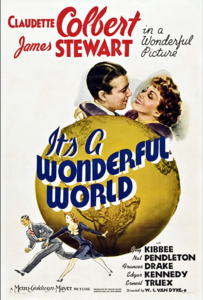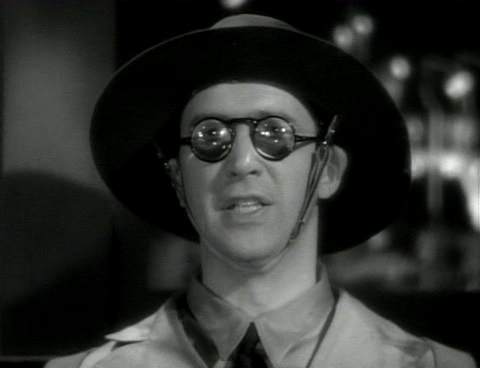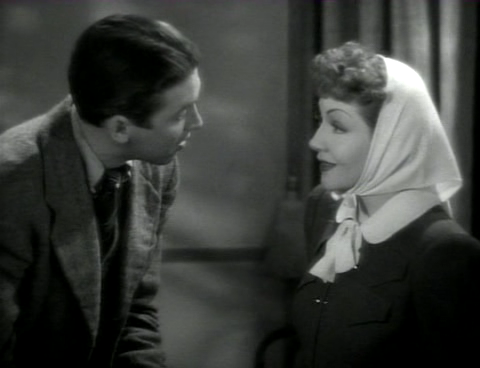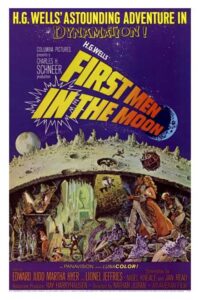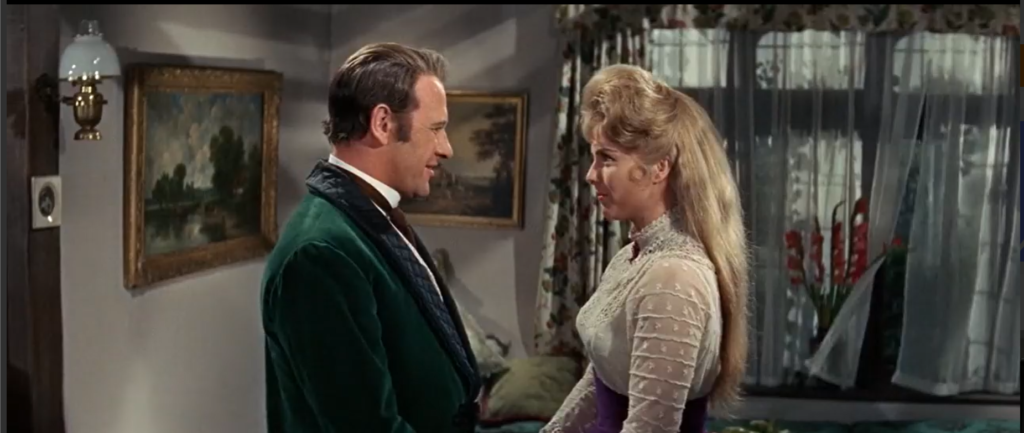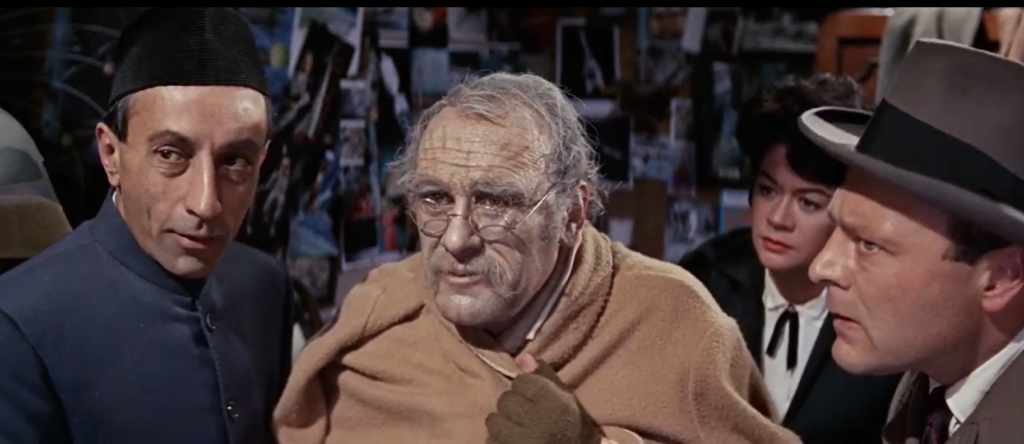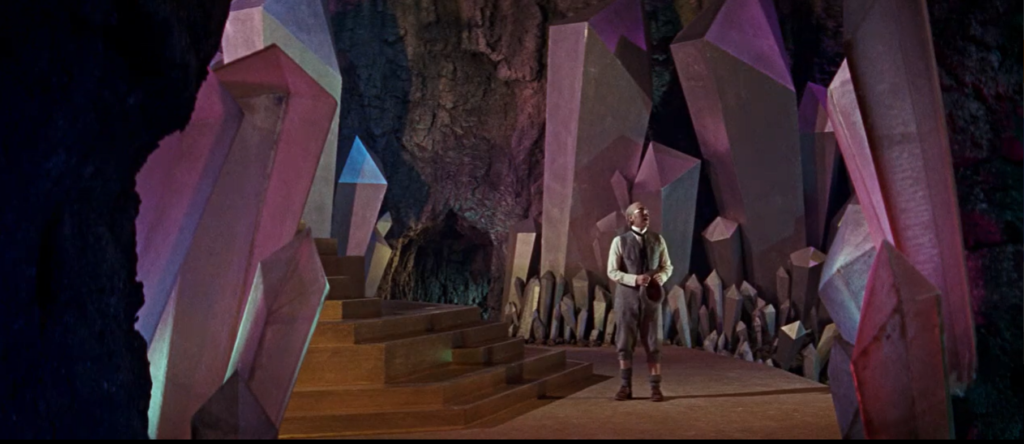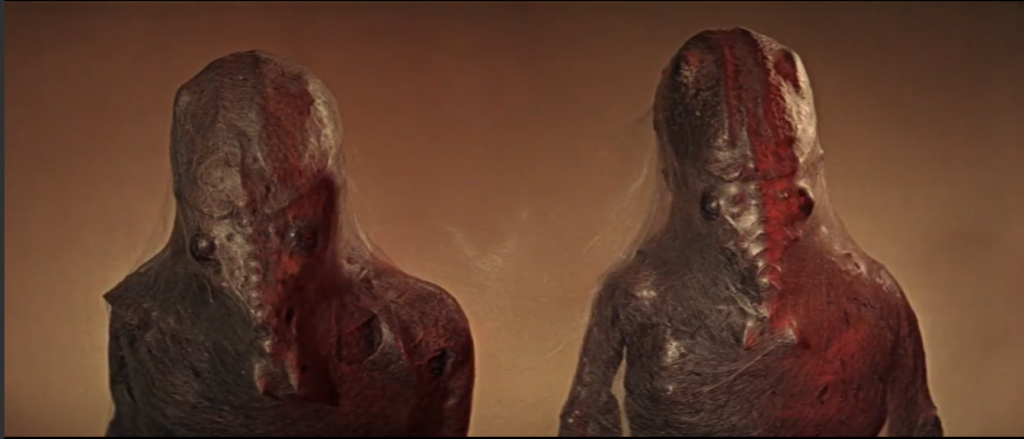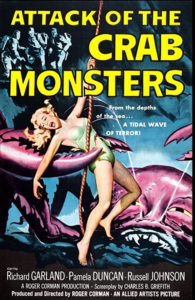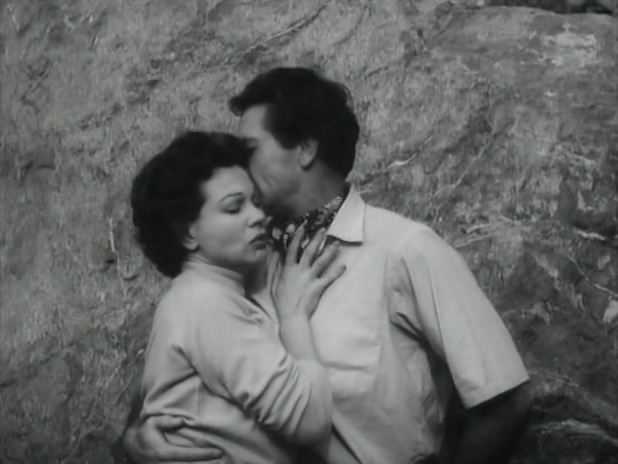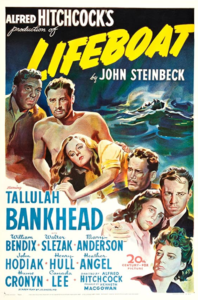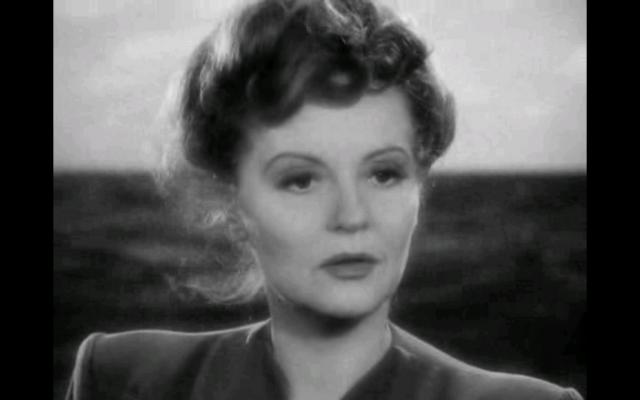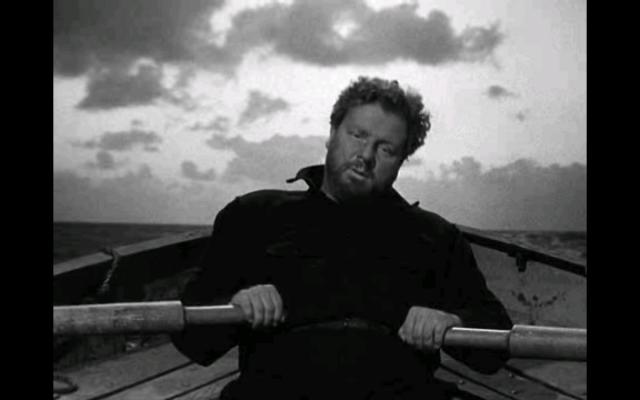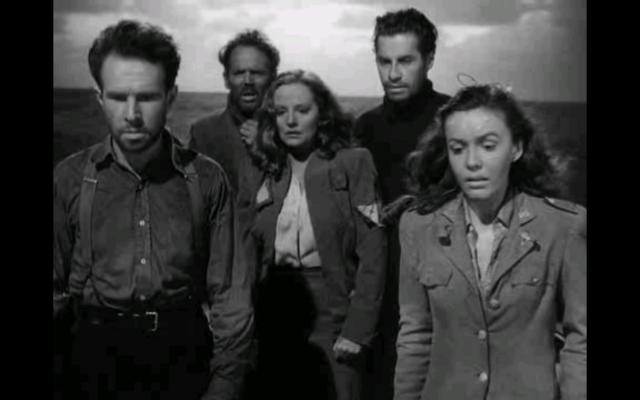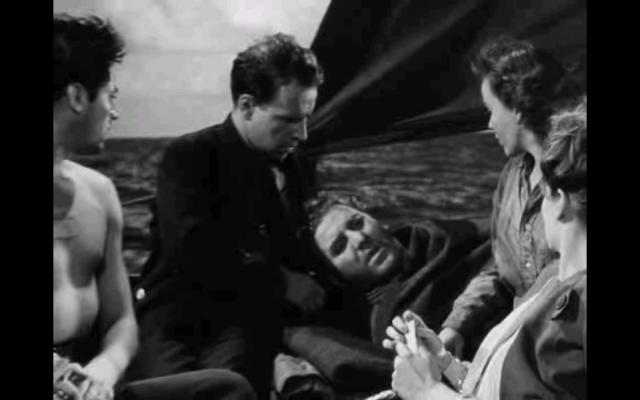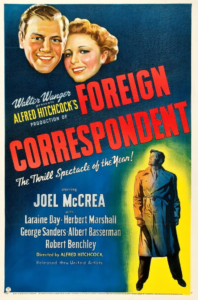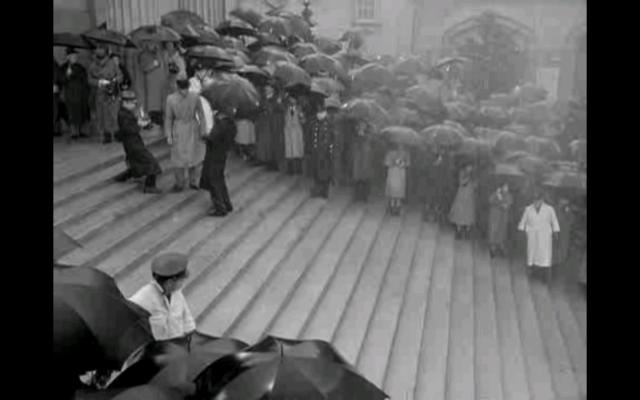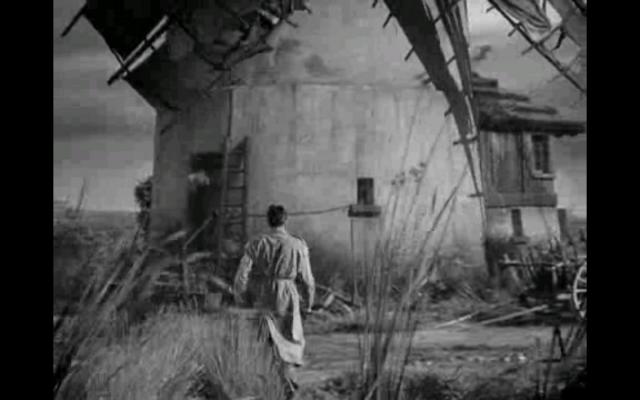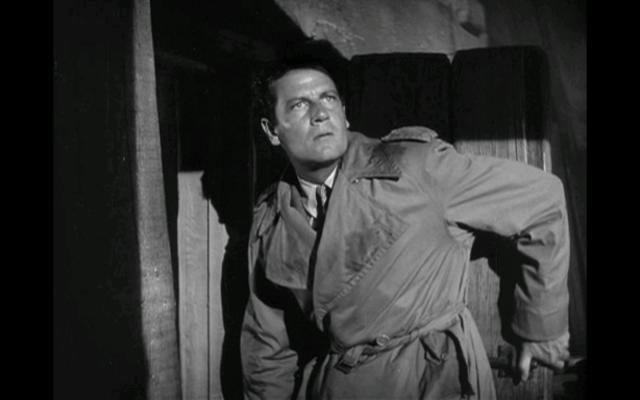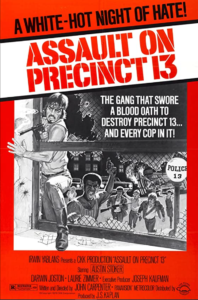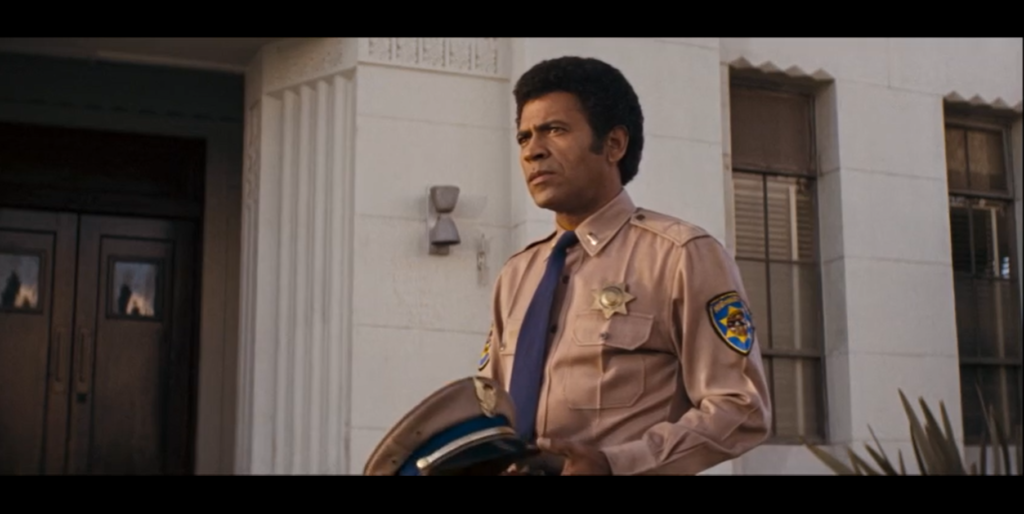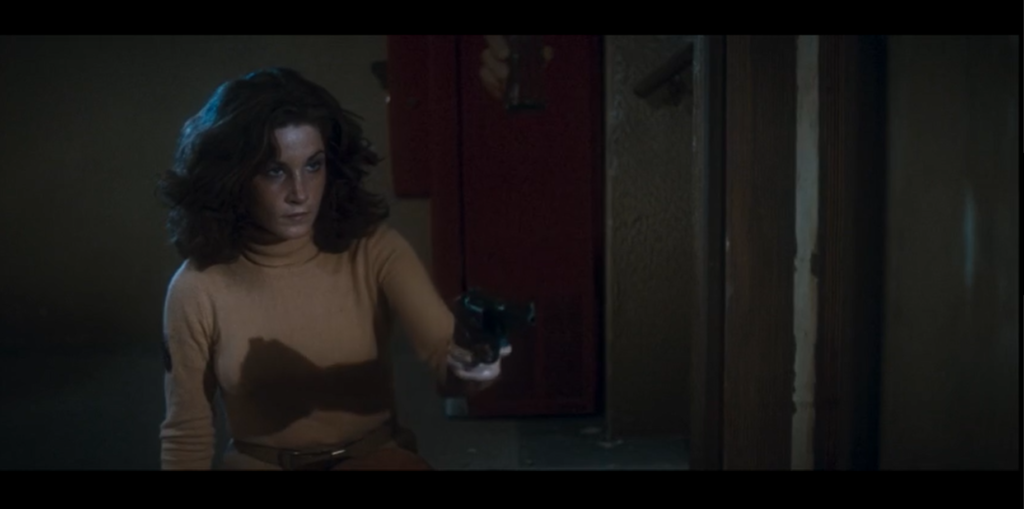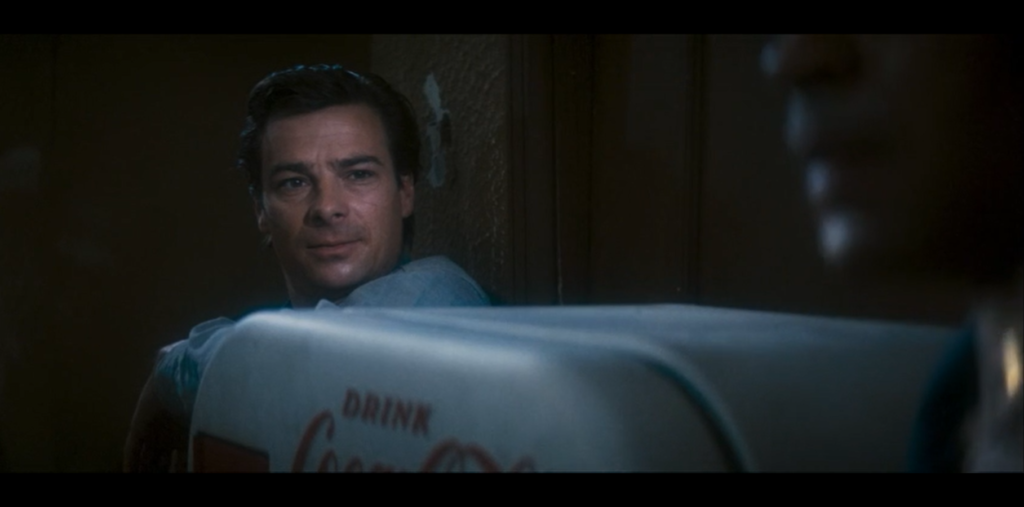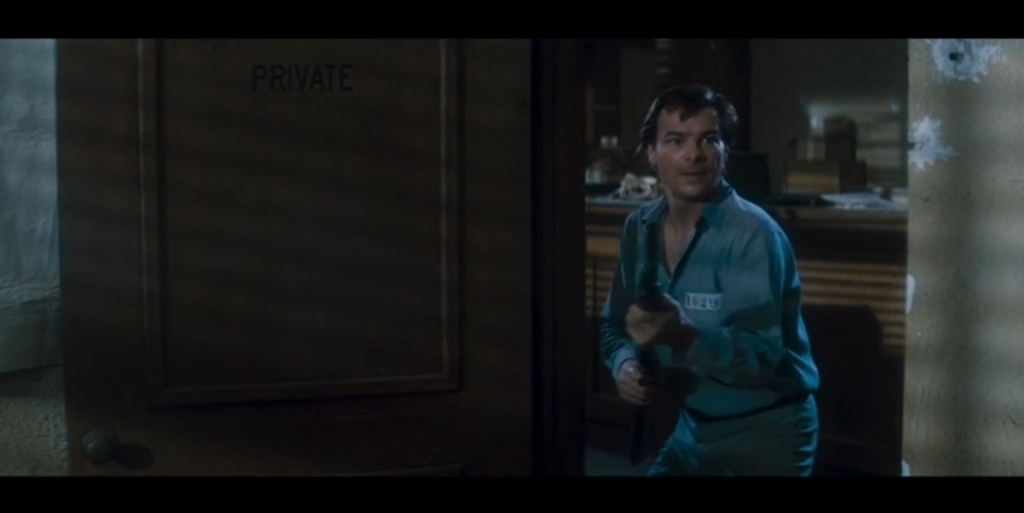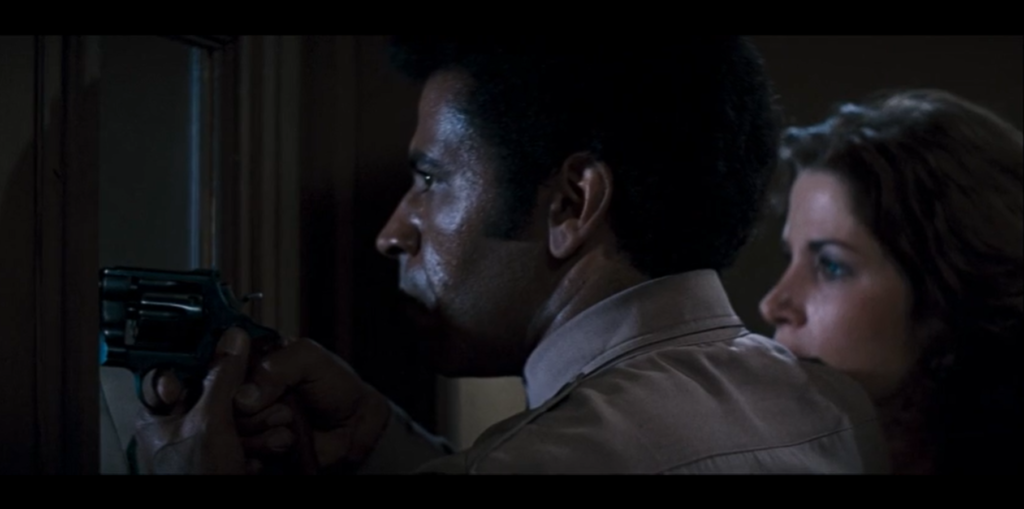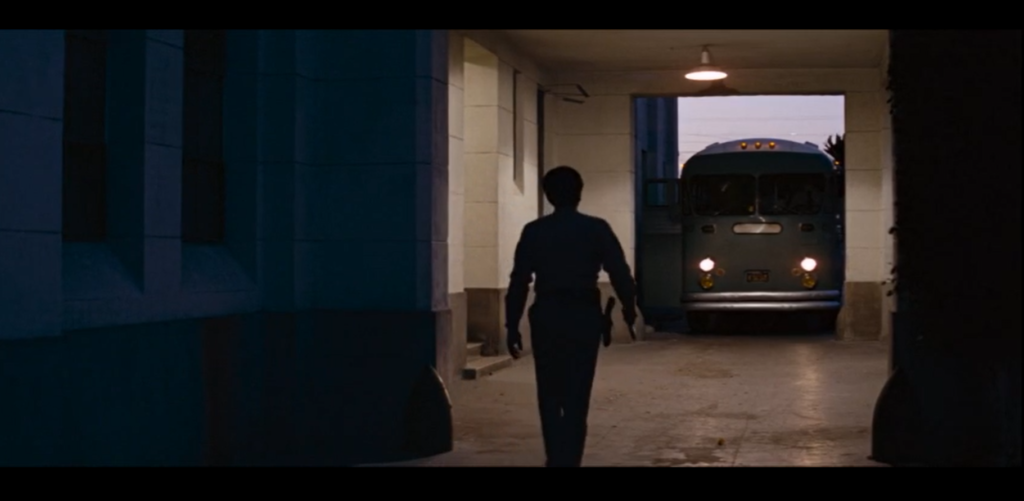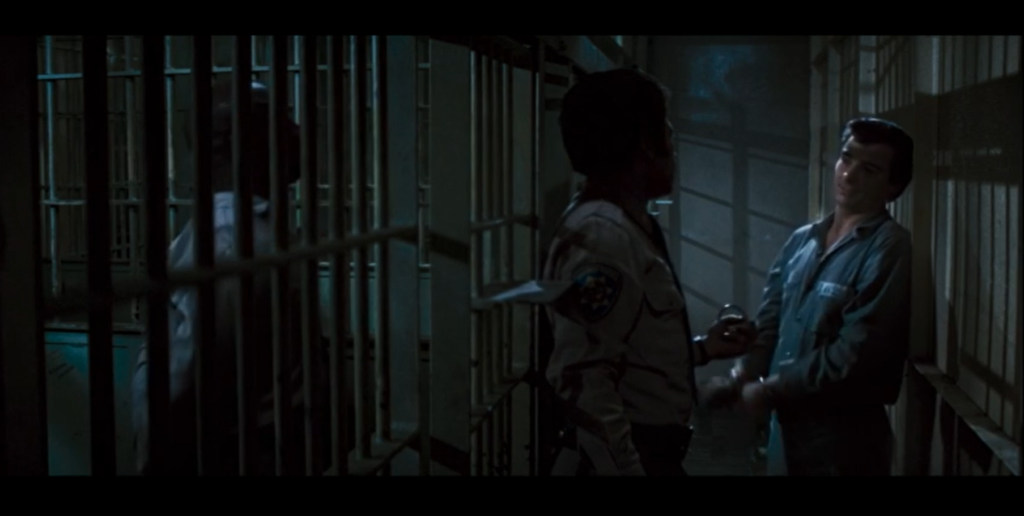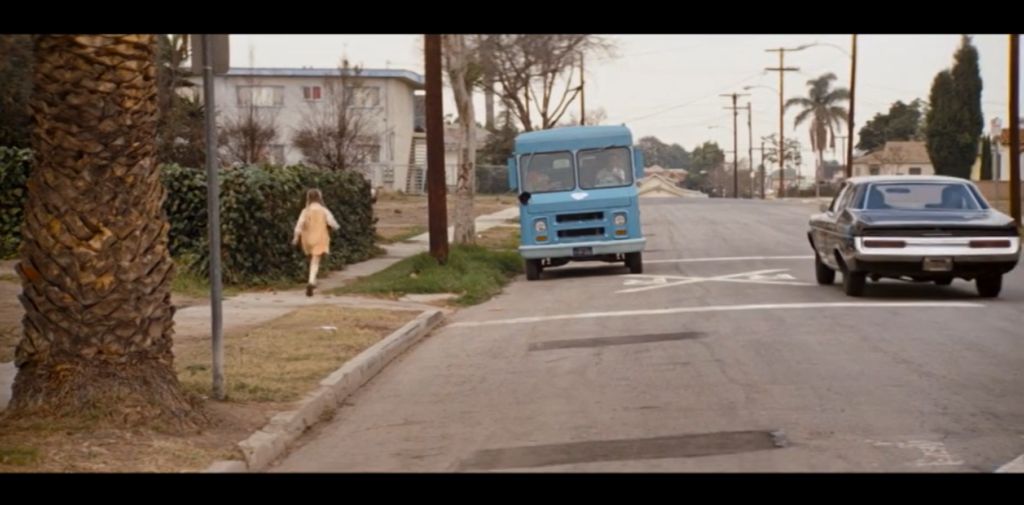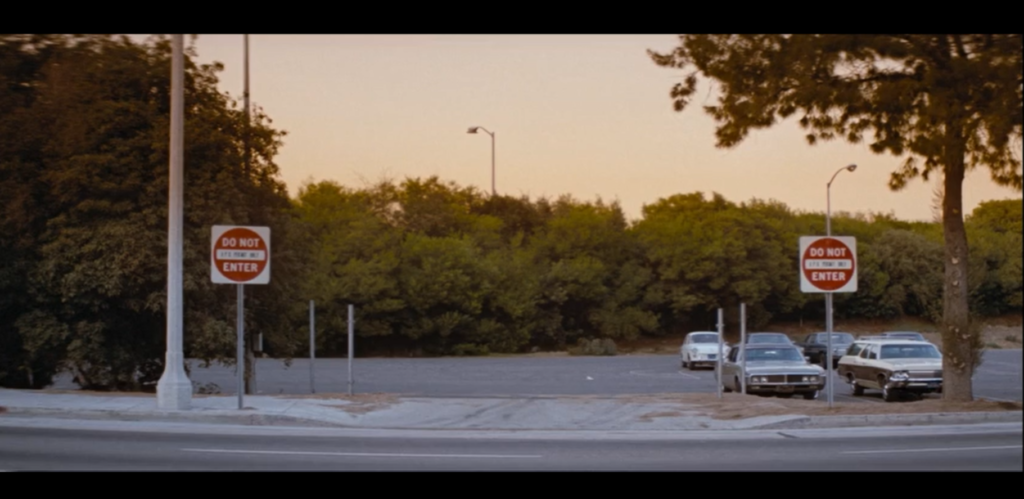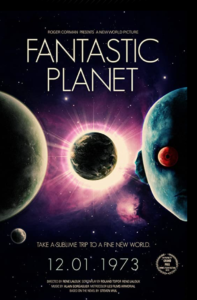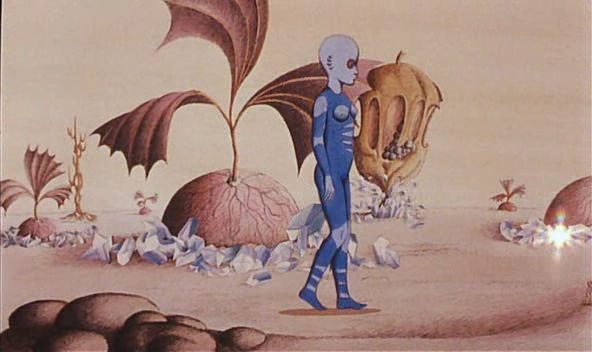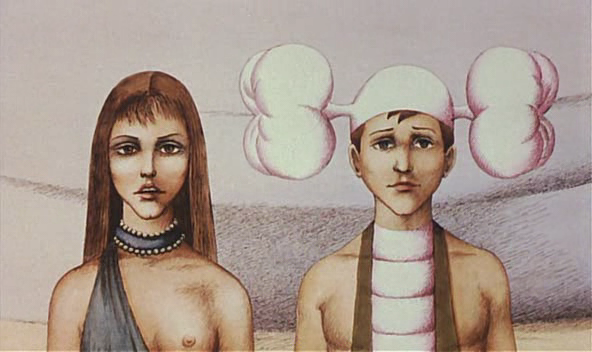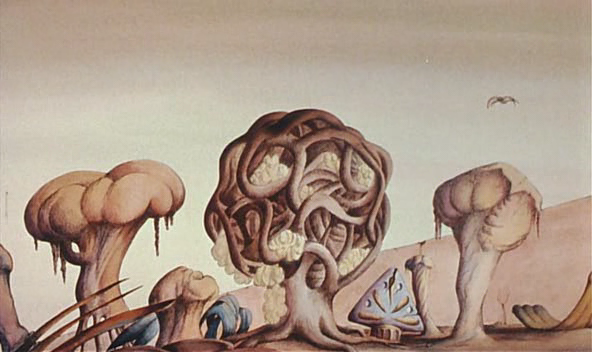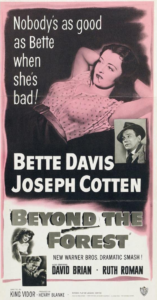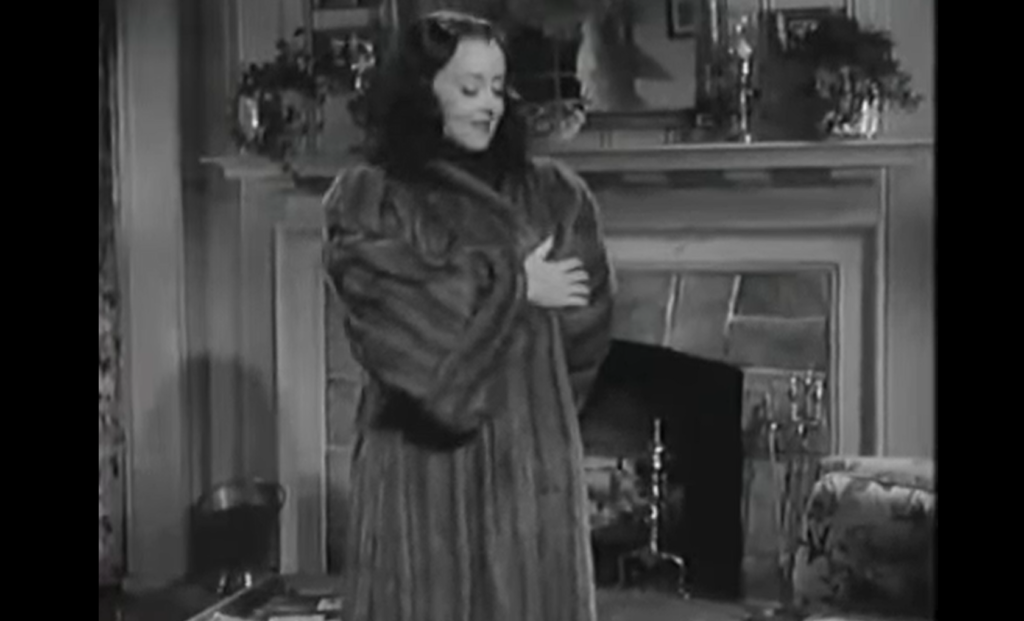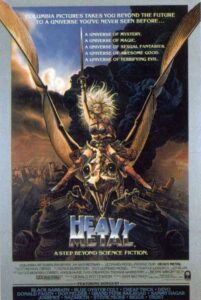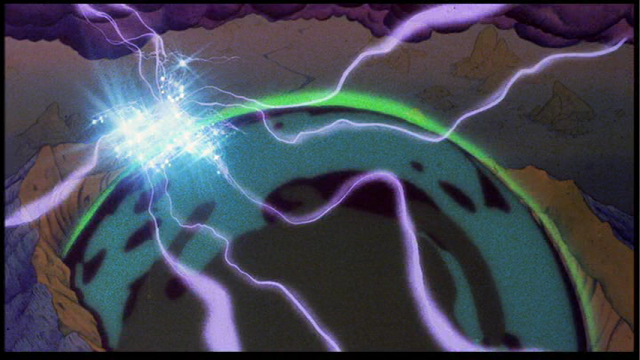|
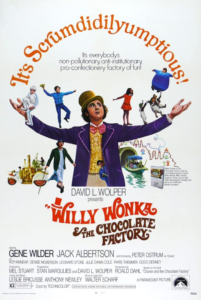
Synopsis:
An eccentric candymaker (Gene Wilder) invites the five winners of his “golden ticket” sweepstakes — a spoiled brat (Julie Dawn Cole), an incessant gum chewer (Denise Nickerson), a T.V.-obsessed boy (Paris Themmen), an overweight German boy (Michael Bollner), and poor but hopeful Charlie Bucket (Peter Ostrum) — to tour his factory.
|
|
Genres, Themes, Actors, and Directors:
- Coming of Age
- Fantasy
- Gene Wilder Films
- Musicals
- Non-Conformists
Response to Peary’s Review:
Peary refers to this adaptation of Roald Dahl’s bestselling novel (scripted by Dahl himself) as “one of the most bizarre children’s films ever made”. Indeed, he warns that “first-time viewers, especially children, [may] have much difficulty warming to this film”, given that “the tone is dreary, Wonka is scary, the music is forgettable, the Oompa-Loompas… are dreadful concoctions, and the kids are shown to be bratty and are treated viciously” — but he argues that “the picture improves with subsequent viewings”, at which point “the kids, their parents, and the unpredictable Wonka suddenly seem cleverly conceived”. I remember finding the film rather nightmarish as a child, given the frightening fates met by the naughty children — but seeing it again now as an adult, I must say I agree with Peary’s second set of assessments rather than the first. The tone of the film, rather than dreary, is quite colorful and rich — and while Wonka certainly may come across as scary to kids, for adult viewers he’s an inspired character, uniquely realized by Wilder (who isn’t afraid to tap into Wonka’s “wonky”, almost schizophrenic personality). Finally, while it’s true that the majority of Anthony Newley and Leslie Bricusse’s songs are somewhat forgettable, there are a couple of notable stand-outs (“The Candy Man”, “Oompa-Loompa-Doompa-De-Do”) which linger in one’s memory for literally decades, and more than make up for the rest.
Redeeming Qualities and Moments:
- Gene Wilder as Willy Wonka
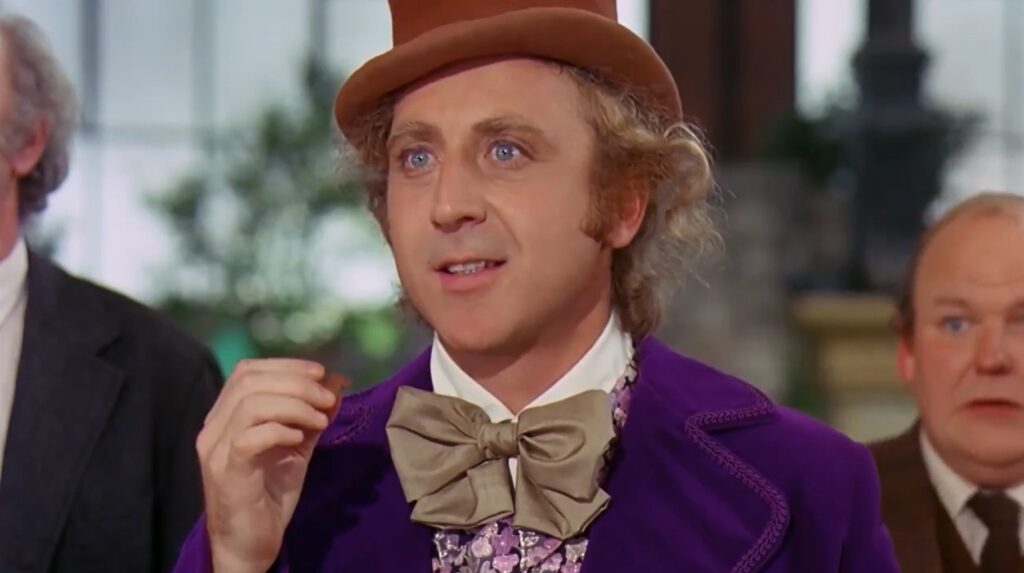
- Memorable, colorful set designs
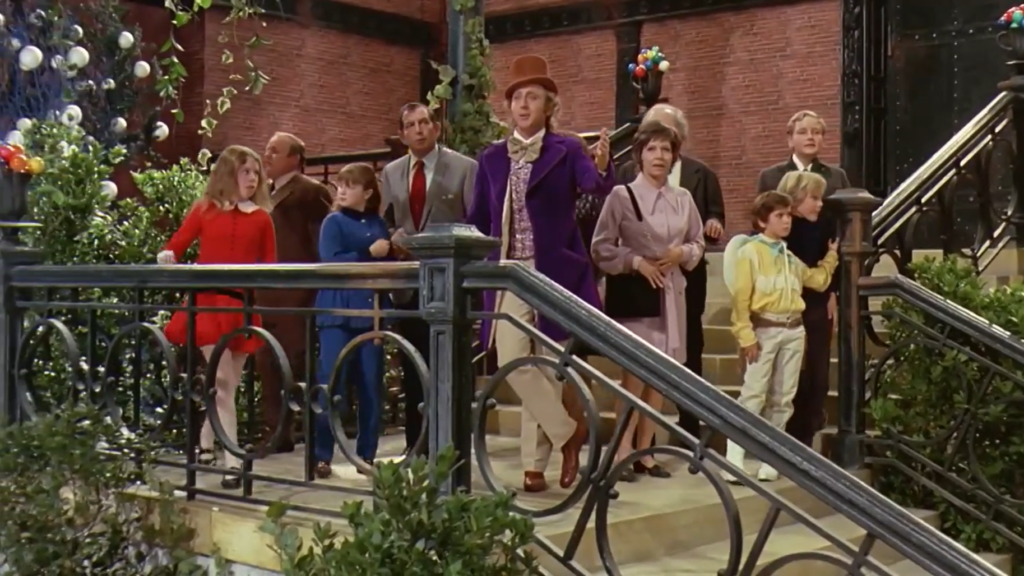
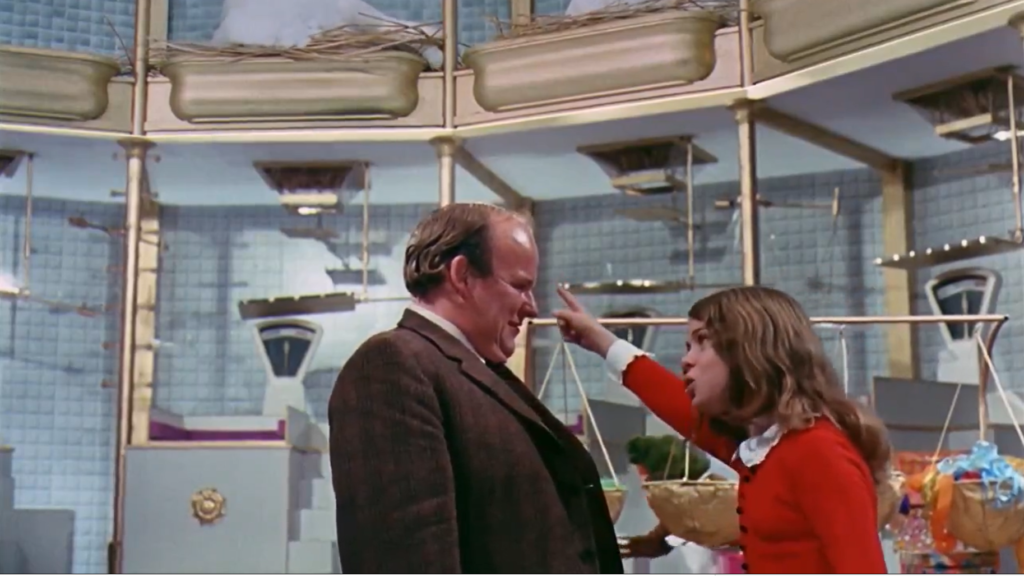
- Several catchy tunes by Leslie Bricusse and Anthony Newley
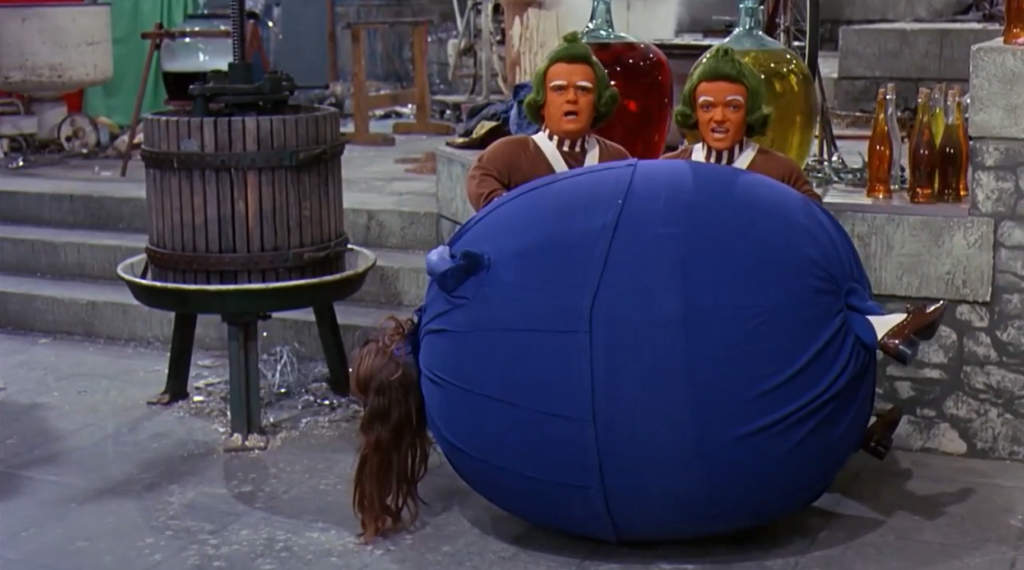
Must See?
Yes, as a cult favorite. Discussed at length in Peary’s Cult Movies 2.
Categories
(Listed in 1001 Movies You Must See Before You Die)
Links:
|
